At a House Judiciary Committee hearing on Tuesday meant to shed light on the contentious encryption debate, Apple's legal chief Bruce Sewell toed the company line with privacy rights and slippery slope arguments. He added, however, that America is the only country asking Apple to break its encryption amidst a wider cold war between tech industry players and nefarious agents.
After reading a prepared statement, Sewell fielded questions from members of the committee trying to wrap their collective heads around the complex issue.
Apple sits on one end of the debate, arguing for the right to create, maintain and market strong digital encryption methods to its customers, a position shared by the broader tech industry, security experts and civil rights groups, among other interested parties. On the opposite end is the Justice Department and state security hawks, which seek tools to thwart encrypted operating systems like iOS in the name of national security. Both sides cite public safety as an ultimate goal in their arguments, but the respective means that would facilitate that end are dichotomous at best.
As stated in past public appearances by Apple CEO Tim Cook and lawyers representing the company, Sewell said the issue boils down to precedent.
Two weeks ago a magistrate judge ordered Apple to comply with an FBI request to assist investigators in unlocking an iPhone 5c linked to last year's San Bernardino terror attack. A cooperative effort would require Apple to create and sign a flawed operating system that suppresses the subject iPhone's passcode counter, as well as a time-sensitive passcode entry limiter, thus allowing a brute-force attack. Further, Sewell said Apple is being asked to create a method for bypassing iPhone's touchscreen input mechanism, assumedly to facilitate rapid code attempts from a computer.
The company is resisting the court order, and consequentially facing pressure from the DOJ, saying that the creation of such a tool will be met with dire consequences. Aside from undue burden, Apple is looking to protect the millions of users around the world that rely on iOS safeguards to keep their data secure. Once a workaround is created, Apple argues, the entire system becomes vulnerable to attack.
"We see ourselves as being in an arms race with criminals, cyber terrorists and hackers," Sewell said, adding that Apple is trying to create a safe and secure environment for its customers in spite of such threats.
Worcester Polytechnic Institute professor and security expert Susan Landau seconded Sewell's assertion, adding that the creation of an intentionally flawed operating system is a dangerous path to an empty well. Organized crime syndicates, hackers and even governments would be after that tool, and having it fall into the wrong hands could lay bare the personal data of millions of smartphone owners. For her part, Landau advocates for a law enforcement apparatus better equipped to develop its own forensic tools. More importantly, the FBI and other agencies need to evolve their investigative methodology, as the root of the problem lies in applying 20th century techniques to 21st century threats.
The comments come after FBI Director James Comey admitted that his agency would "of course" leverage the precedent gained by successfully compelling Apple's assistance in unlocking other devices, a statement that runs counter to previous claims that Apple's aid would be restricted to one phone. Comey participated in a separate panel earlier in the day.
Overall, the line of questioning seemed to bode well for Apple, but the hearing was not without debate. Perhaps most substantial was a biting evaluation of Apple's stance proffered by Rep. Trey Gowdy (R-S.C.), who pointed out the company has not, unlike the FBI, proposed legislation to which it would be amenable. Thus far Apple has merely complained about shortcomings in American jurisprudence without offering suggestions toward a potential solution, Gowdy said.
Rep. Jim Sensenbrenner (R-Wisc.), self-professed privacy hawk, also touched on the issue, saying that by not furnishing a proposed remedy, Apple is leaving the decision wholly up to Congress.
"I can tell you I don't think you'll like what comes out of Congress," Sensennbrenner said.
 Mikey Campbell
Mikey Campbell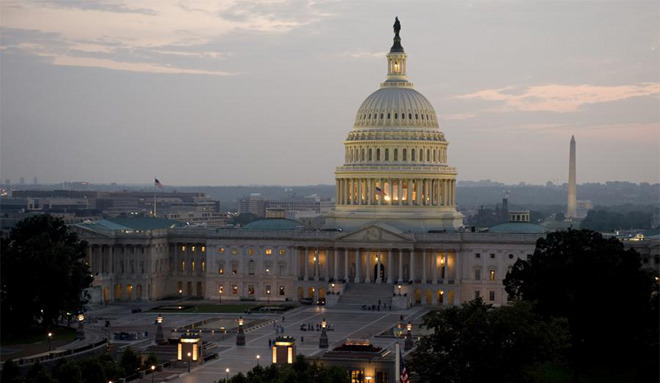

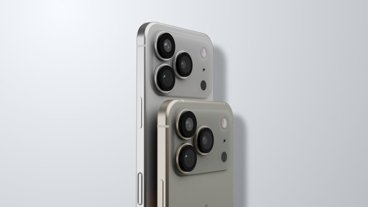





-m.jpg)





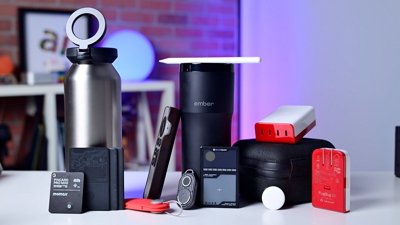
 Andrew O'Hara
Andrew O'Hara
 William Gallagher
William Gallagher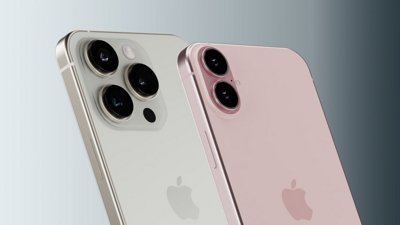
 Malcolm Owen
Malcolm Owen

 Christine McKee
Christine McKee
 Chip Loder
Chip Loder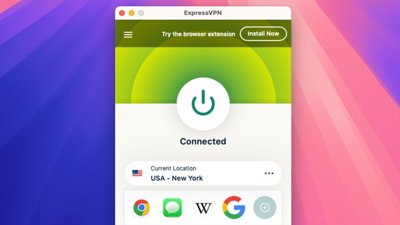

 Marko Zivkovic
Marko Zivkovic


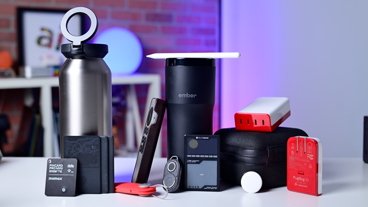


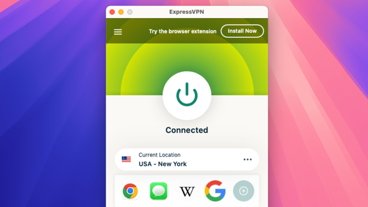



35 Comments
It is all about Comey, only his opinion matters...
Only in the US because the FBI wants to spy on all of us.
I have to state how happy I am that the swarms of trolls had a die off.
I'm guessing trolls hatch, find a website, troll a few threads, and expire in their basements from the constant snacking. I'm not sure how they reproduce.
Gnats probably live longer. These aren't the traditional Tolls like in the film Trollhunter.
If the US government forces Apple and other US companies to weaken their encryption or provide backdoors, then companies based in other countries, or individual citizens will create stronger encryption disregarding the US government. This only stands to put US law abiding citizens at a disadvantage. Any such law would be a grave mistake.
Trey Gowdy's 5 minutes were an embarrassment -- for himself and S.C.